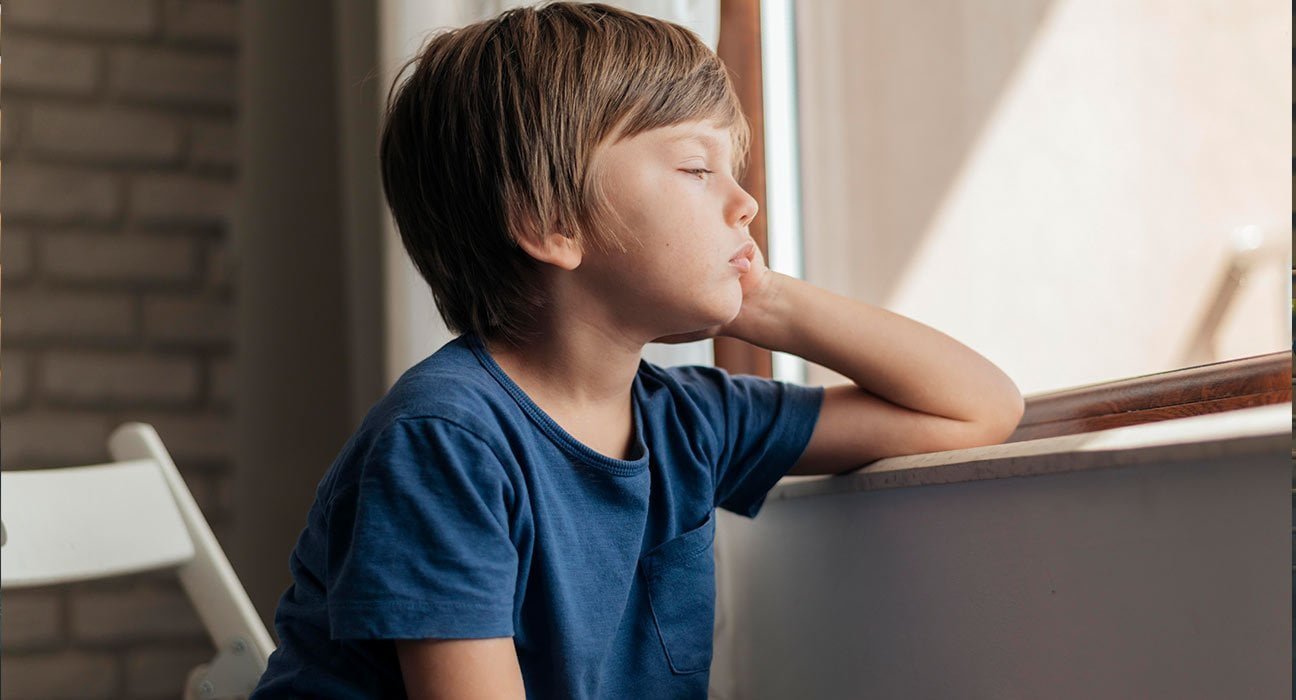We have mostly understood depression as a state of low and negative mood experiences and thought patterns. It is a highly prevalent mental health condition that substantially impacts our capacity to engage in life experiences, including those within family and work domains. They have quoted that one in 20 Indians suffers from depression. (National Mental Health Survey, 2015-16).
There has been a report by Malhotra et al. Claiming an increase in prevalence of 60 disorders from 2% to 13.49% in children (0-14 years) attending the psychiatric outpatient clinics.
The Unseen Crisis
Biomedical and psychosocial risk factors do play a crucial role in the presentation of depressive symptoms. It is likely to increase in the ongoing context of large-scale pandemic influences. In the Indian context, there is far less discussion on mental health issues. Awareness about childhood depression has yet to gain ground in this context. Many parents may still not make the association between the debilitating mood disorder and childhood. This is because they perceive childhood to be a time of carefreeness, playfulness, and freedom from tension.
Children might have different expressions than adults and might not necessarily talk about or “Look Depressed”! As a matter of fact, children are getting impacted with depression in increasing numbers, but many are not able to get appropriate help at the right time as their symptoms and signals might be misread or worse, they might be considered a sign of aggression, rebellion, escape mechanism from studies or simply a growing up issue!
Signs of childhood depression
While the DSM has a list of conditions that qualify for the diagnosis of depression, Parents should be observing for following behaviors as possible signals:
- Loss of interest in previously enjoyed activities.
- Complaining of constant fatigue and tiredness or headaches and body aches.
- Changes in sleep and eating patterns.
- Sleepiness for the most part of the day.
- Growing Irritability and back-answering behavior.
- Refusal to attend school for no apparent reason and slipping grades.
It is extremely important for us to intervene at the preventive level and proactively curb the development of depression in children as it may cause significant functional impairment and progress into adult depression. We may do the following:
- Make sure that the child is not over-pressurised for performance.
- Spend time doing different activities and be willing to listen! Let us also not undermine if the child shares a negative feeling or thought.
- We may suggest through examples and stories, a few alternate ways to look at the same situations the child could be struggling with.
- Gentle encouragement towards sporting activities and mildly enjoyable exercises may prove to be a great support.
Proponents of Positive Psychology suggest that children’s strength areas should be identified early and they should be encouraged to explore them which is likely to bring greater joy, better cognitive development, and enhanced self-esteem. Let us all work towards not just helping children with depression, but helping all the children be happier versions of themselves.













Leave feedback about this